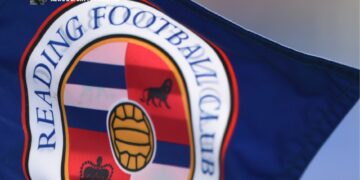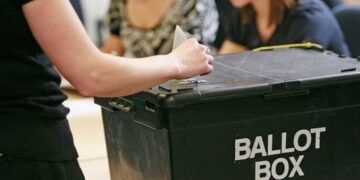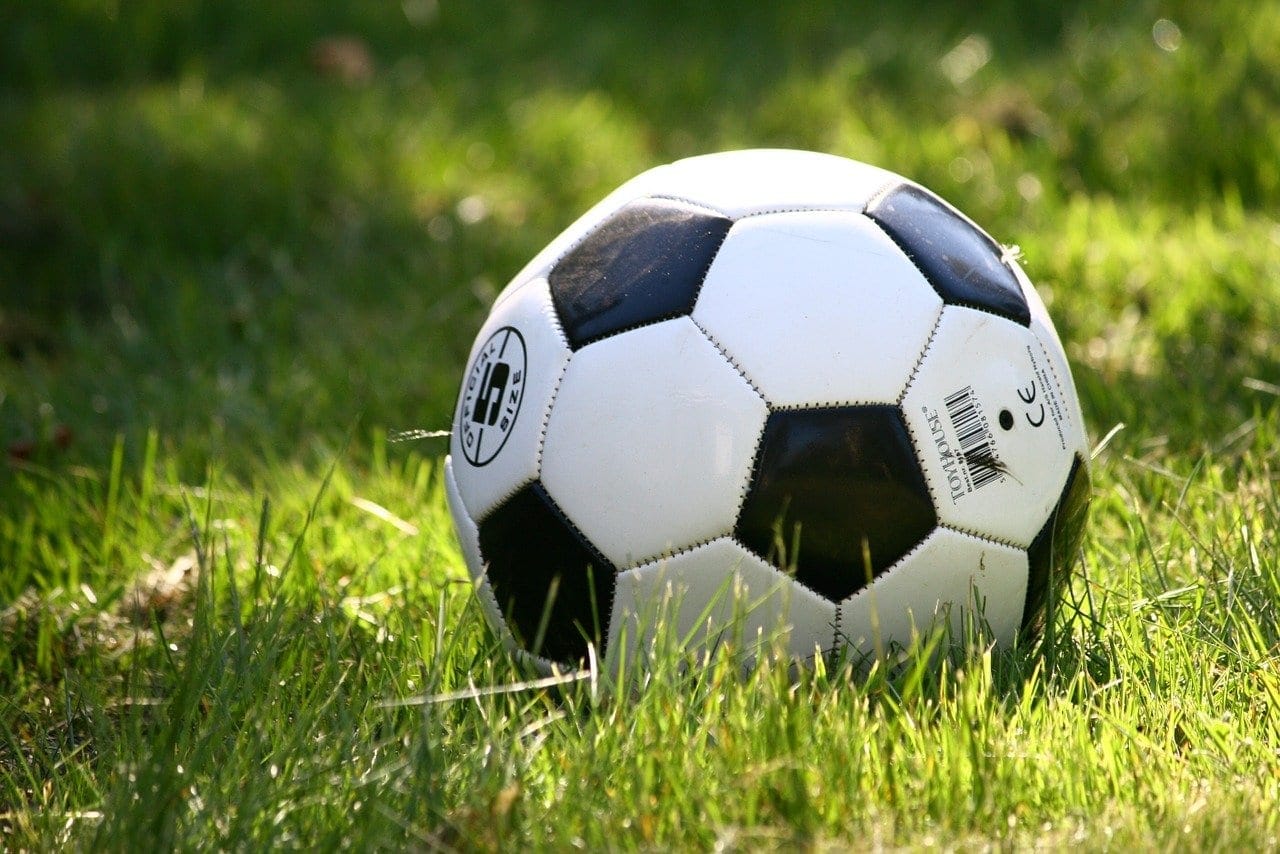An incident in the Arsenal v Chelsea match, played just before the FA Cup final, showed how even experienced referees can sometimes get confused with the laws of the game.
Chelsea’s Jorginho, was facing his own goal just outside the penalty area and with opponents bearing down, he kicked the ball back to his goalkeeper.
However, his kick was too hard and too wide of the keeper, who had to dive full length to stop it going
in the goal.
That is an ‘illegal’ handling, as the goalkeeper cannot touch the ball with his hands, when kicked
to him by a team mate.
Some referees watching the video with me, thought the goalkeeper should have been sent off for denying a goal, which he had certainly done.
The answer is no. The law punishing goalkeepers for handling the ball from deliberate kicks to them
by a teammate, says that an indirect free kick is awarded but there is no disciplinary sanction, which means no red or yellow card.
Now let’s take this season’s change in the law, about goal kicks. Most people are aware that at a goal kick, the ball no longer has to come outside the penalty area to be in play.
It is now in play, once it is kicked and clearly moves. However, the kicker mustn’t touch the ball a second time before it is played by another player.
If the goalkeeper has taken the kick and then plays it again, it is an indirect free kick, whether the goalkeeper handles the ball or not.
If an outfield player takes the kick and plays the ball again, it would also be an indirect kick, unless
he handles it, then it becomes a penalty. But, and here comes the new law, if the kicker, by playing the ball
a second time, stops a promising attack or denies a goal or goal scoring opportunity, they will receive either a yellow or a red card.
So in this instance, a goalkeeper could be sent off for handling in his own penalty area.
Two illegal handlings by goalkeepers, but different outcomes to bear in mind.
By Dick Sawdon Smith










































